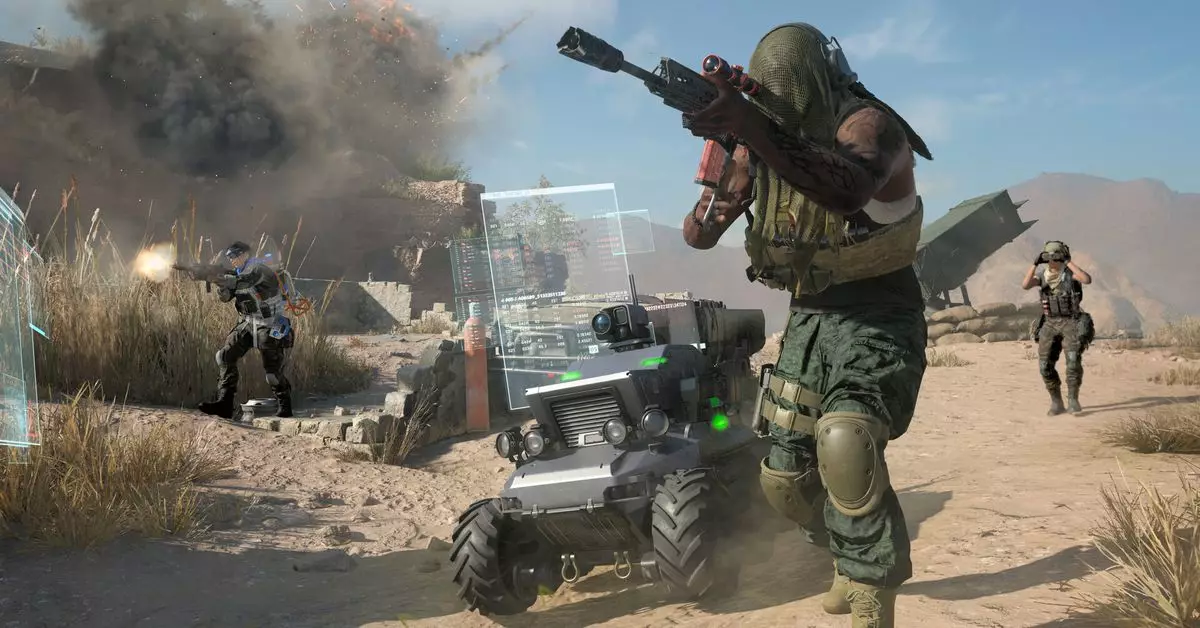The recent tragic school shooting in Uvalde, Texas has once again sparked a debate on the role of video games in promoting violence among young individuals. The families of the victims have taken legal action against Meta and Activision, accusing them of promoting the use of firearms to underage boys. This lawsuit raises important questions about the influence of video games on the behavior of young people and the responsibility of gaming companies in shaping societal norms.
The Allegations
The lawsuit filed by the families of the Uvalde victims claims that both Activision and Meta played a significant role in “grooming” the shooter and encouraging him to resort to violence as a solution to his problems. The complaint points to the shooter’s obsession with Call of Duty, a popular video game developed by Activision, and alleges that the game features the same type of weapon used in the shooting. Moreover, the families accuse Meta of enabling gun companies to market their products to underage individuals through targeted advertising on platforms like Instagram.
In addition to suing Activision and Meta, the families of the victims are also targeting Daniel Defense, the gun company that manufactured the AR-15 used in the shooting. The lawsuit alleges that Daniel Defense glorifies combat and promotes its weapons to minors through social media platforms. While platforms like Instagram have rules against the sale of firearms, the gunman was able to purchase the weapon directly from Daniel Defense’s website, raising questions about the effectiveness of platform regulations in preventing such incidents.
Video game companies have consistently denied claims that their products incite real-world violence, citing research that shows no direct correlation between playing video games and engaging in violent behavior. However, critics argue that the industry has a moral obligation to consider the potential impact of their games on impressionable youth. The lawsuit against Activision and Meta underscores the need for greater accountability and ethical considerations in the development and marketing of video games.
As the legal battle unfolds, it is essential for policymakers, industry stakeholders, and parents to engage in an open dialogue about the influence of video games on youth violence. While it is clear that video games alone cannot be blamed for acts of violence, there is a growing need for responsible practices and regulations to mitigate any potential harm. By working together to address these complex issues, we can create a safer and more informed environment for young individuals to engage with technology and media.


Leave a Reply